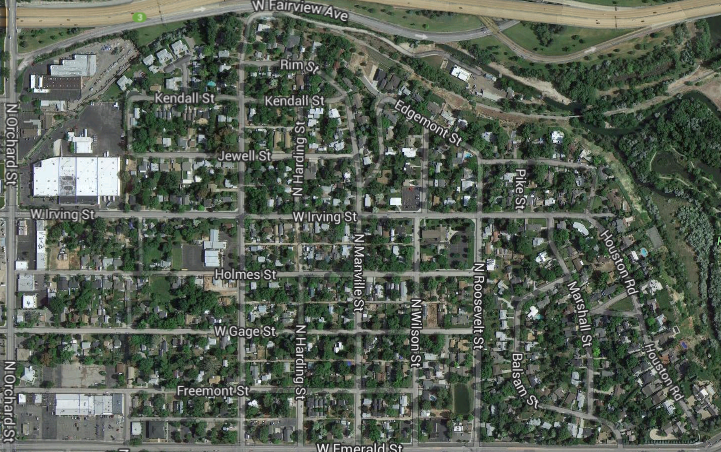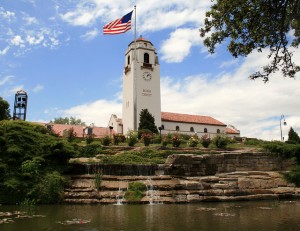interviewing skills – interpersonal communication, allow for silence/thought, contacting people, research, preparedness, question development, not leading discussion but having goals, technology, cameras, microphones, video editing, cutting
promotion, public relations for the project, outreach, attending community meeting,
photography – selecting subjects, taking good pictures, sifting through/selecting photos, editing/cropping photos, anticipating photo needs based on ongoing research
understanding limitations into taking on a large project, and understanding what project scope is reasonable and understanding how to delegate
rapid development and launch
victims – didn’t know what we signed up for, but were RESILIENT
collaborating using technology – Google Drive
photo research – finding relevant photos
sorting through a large amount of data and determining which documents are useful and which represent the best evidence of what we’re trying to argue
TRUST – not micromanaging, understanding that knowledge resides in networks, teaching one another skills
problem-solving on your own, taking initiative, researching solutions, finding answers on forums, finding and using snippets of code
group work – COLLABORATION, trusting people, organizing within groups
felt like a job rather than a class
real-world application
finding tech support through unconventional channels
project management – sustainability, working in project groups, delegating, budgeting time and resources, understanding and respecting other people’s time, scoping community needs, framing the project for an audience, defining the audience, understanding the audience, “client” communication, listening to what the clients wanted and yet giving them (in the end) what they needed, determined best software for project management/collaboration, determined best software for deployment to client, how to manage a group of people,
service learning – your skills provide access to information that community members can’t normally access (or don’t know how to access) – marshaling resources to benefit an under-resourced community
research – permissions, citations
accessibility
writing, editing – collaborative editing, line editing, developmental editing
understanding there are multiple digital platforms and choosing among them to find information and/or build your project
launching projects with a very small budget
entrepreneurial approach – building something useful from nothing, for a specific audience
tapping into existing networks of knowledge and practitioners to conserve resources
research and advocate for the utility of a particular platform
In the fall of 2014, I was part of a sixteen-member team that, in the course of three months, launched the Central Rim Neighborhood Association Historic Survey. As part of that project, we worked with community members to [determine their needs], blah, and blah. I took special responsibility for a, b, and c. In fact, I played a pivotal role in the development of short-form documentary interviews. Overall, the 150 hours I dedicated to the project allowed me to further develop my communication, collaboration, and project management skills.
Executive summary
– Excellent communicator with special expertise in writing and collaborative editing
– Tech-savvy manager of diverse teams
– Expert researcher in online, library, and archival environments

